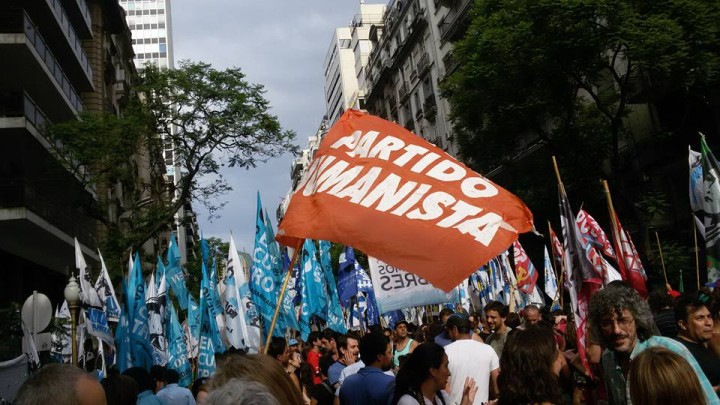Nuclear weapons are one of the greatest threats to the future of humanity. The nuclear powers possess the capacity to eliminate all life on Earth, and they continue to spend enormous amounts of money on improving these weapons. For as long as there are nuclear weapons at hand, we live under the constant risk that they will be used, either on purpose or by accident. This threat has never been clearer than now, when hardly a day passes without news on threats of the use of these weapons.
The United Nations approved the text of a Treaty on the Prohibition of Nuclear Weapons on 7th of July this year. The text was adopted by a vote of 122 member states in favour. This is the most ambitious attempt ever made to rid the world of the scourge that nuclear weapons represent.
The Treaty prohibits a full range of nuclear-weapon-related activities, such as undertaking to develop, test, produce, manufacture, acquire, possess or stockpile nuclear weapons or other nuclear explosive devices, as well as the use or threat of use of these weapons.
The treaty was opened for signature to all States at UN Headquarters in New York on 20 September 2017 and comes into force with the ratification by 50 countries.
The International Humanist Party calls upon the all UN member states that have not yet signed and ratified the Treaty to do so without further delay and thereby contribute towards the common aspirations of a world without nuclear weapons. This matter concerns us all, the future of humanity is at stake.
Furthermore, the IHP sends its warm congratulations to the International Campaign to Abolish Nuclear Weapons (ICAN) for having been awarded the 2017 Nobel Peace Prize for: “for its work to draw attention to the catastrophic humanitarian consequences of any use of nuclear weapons and for its ground-breaking efforts to achieve a treaty-based prohibition of such weapons”.










